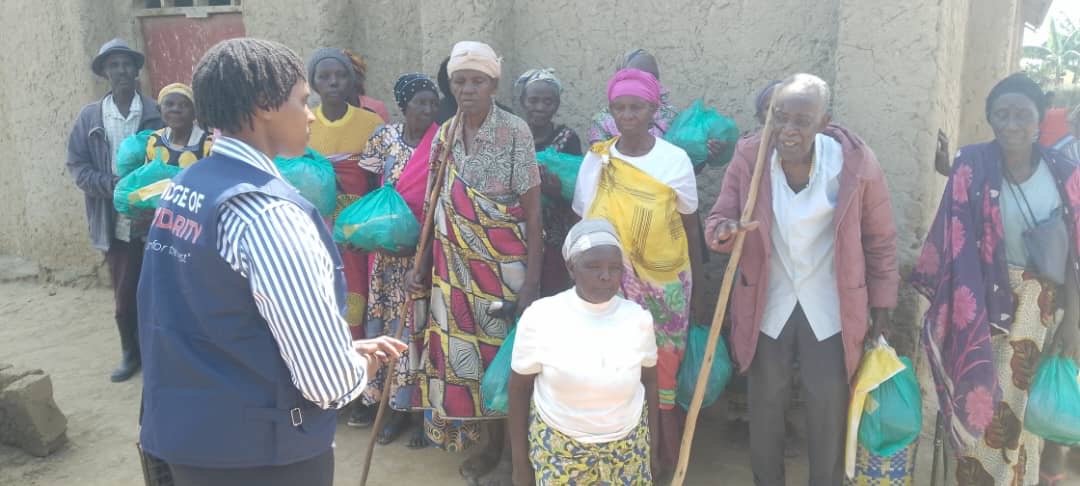Nakivale (Uganda) : distribution of clothes to the most vulnerable

Two humanitarian organisations namely Bridge of Solidarity and Hope for Humanity, have started a campaign to distribute clothes and shoes to people with epilepsy and albinism residing in the Nakivale refugee camp in Uganda. This camp is home to more than 140,000 refugees from several countries in sub-Saharan Africa, including Burundians. INFO SOS Médias Burundi
This initiative benefits more than 260 refugees of various nationalities, including Burundians and Congolese. To ensure efficient and equitable distribution, the Pentecost church in the camp plays a key role in identifying and updating the lists of the most deprived people.
Leaders of Bridge of Solidarity and Hope for Humanity hope that this aid, although modest, will improve living conditions of the beneficiaries. Two priority areas have been designated for this first phase : Base Camp and Rubondo. These areas, located in the urban center of the camp, are among the most densely populated areas.
Needs beyond clothing
However, the needs of the beneficiaries are not limited to clothing. Albinos, for example, absolutely need sunscreen to prevent skin cancer, as well as hats to protect themselves from the sun. People with epilepsy, for their part, are asking for access to specific treatments to better manage seizures.
Aware of these needs, the two humanitarian organizations are committed to advocating with other specialized NGOs to provide additiona assistance. In addition, cases of epilepsy identified are immediately taken care of and referred to health facilities available in the camp for appropriate medical follow-up.
One of the largest camps in Uganda
With more than 140,000 refugees, including more than 33,000 Burundians, the Nakivale camp is one of the largest and most populated in Uganda. This reality makes the humanitarian mission even more crucial. The combined efforts of NGOs and local structures make it possible, despite the challenges, to meet the immediate needs of the most vulnerable populations.

